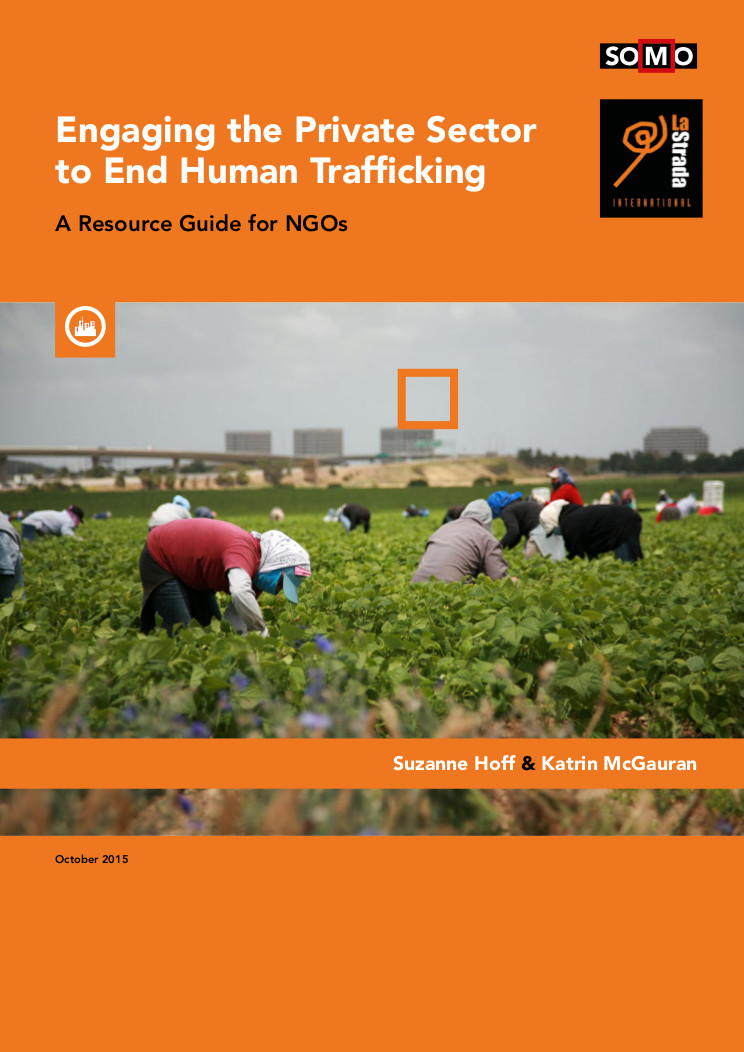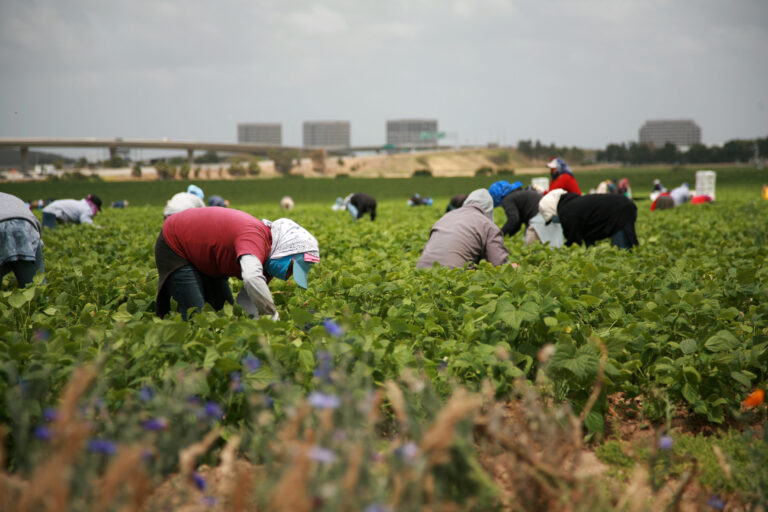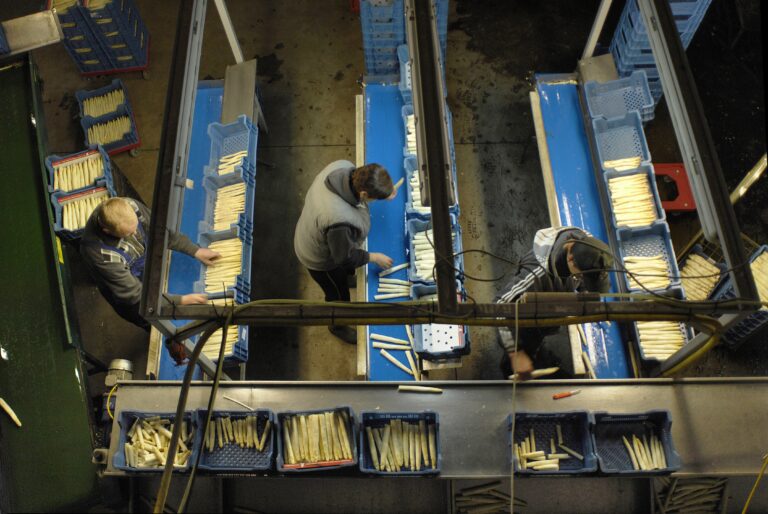Justice at last – Access to compensation for trafficked persons
Today, on the European Day against Trafficking in Human Beings, we call upon all European governments to implement the 10 action points described below to ensure that trafficked persons can access their right to compensation and to remove the obstacles that prevent them from doing so.
Most European countries have legal provisions for victims of crime to claim compensation or otherwise to be compensated for material and non-material damages. However, even when the legal framework is in place, the right of people who have been trafficked or exploited to actually seek and obtain compensation remains one that is difficult or impossible to exercise in practice. Evidence shows that very few trafficked persons have the information and the means to seek compensation. Even fewer actually receive a compensation payment.
Although compensation is an internationally recognised right of trafficked persons, there are many barriers that prevent them from accessing this right.
Obstacles include lack of awareness among police and the judicial system, lack of access to legal aid and adequate information for victims, the postponement of trials and long duration of criminal and civil proceedings, and, in the case of foreign victims, their return or deportation to their country of origin before a verdict is reached. Other reasons for denying compensation to trafficked persons may be their irregular immigration status or their involvement in the sex industry. But even when compensation is granted, trafficked persons rarely have the means to ensure a compensation order is actually enforced, so that they receive some payment.
Another barrier to trafficked persons obtaining compensation is that the traffickers are not found, or are not prosecuted, or have moved their assets abroad and/or have declared themselves bankrupt to avoid confiscation of their assets and having to pay compensation.
Finally, lack of residence status, lack of information, lack of means and lack of access to legal aid prevent many trafficked persons from claiming their rights, including the right to compensation.
Compensation for victims who have been exploited to make money for criminals is a key element of delivering justice for them: obtaining it means justice for trafficked persons and recognition of their right to remedy. It empowers trafficked persons, helps them to take their future in their own hands and reduces the risk of them being re-trafficked.
Compensation is a significant instrument which serves restorative, punitive and preventive purposes. People who are trafficked are subjected to a range of physical, mental, economic and often sexual abuse. The exploitation they have undergone may lead to physical suffering and health problems, emotional trauma and loss of livelihood. Enabling and facilitating access to compensation helps victims to recover, as well as punishing and deterring traffickers.
As long as barriers to compensation exist, European Governments fail to fully implement their obligations under article 17 of the EU Directive 2011/36/EU to ensure victims access to compensation.
We therefore call upon all European governments to recognise and remove the barriers for trafficked persons to claim compensation and to ensure that justice is done.
10 action points to ensure access to compensation for trafficked persons
- Inform trafficked persons about their rights, including the right to claim compensation.
- Provide trafficked persons with access to free legal aid to support them in compensation claims, including civil claims that have to follow a trafficker’s conviction.
- Make compensation a core element in criminal proceedings, facilitate and encourage courts to decide about compensation claims and ensure that effective mechanisms are in place to execute compensation orders and make actual payments to victims.
- Ensure that trafficked persons have access to existing state compensation funds for victims of crime, regardless of their nationality, residence status or the sector in which they were exploited.
- Ensure that people who have been exploited while working in an irregular situation or in unregulated sectors (such as domestic work and the sex industry) also have access to compensation.
- Train lawyers, prosecutors and judges to appreciate the importance of compensation and make them more aware of the role they can play in making it possible for trafficked persons to claim and obtain compensation.
- Shorten civil proceedings so that these proceedings become an easier and less expensive tool for trafficked persons to claim their rights, ensuring that they are not obliged unfairly to risk having to pay substantial costs for embarking on such proceedings.
- Ensure that victims are awarded for unpaid wages or loss of income as material damages, as well as immaterial damages, irrespective of their residence status.
- Increase financial investigations and quicker asset seizure and use these assets to ensure compensation for trafficked persons.
- Promote effective Transnational Referral Mechanisms between law enforcement, financial investigators, NGOs and lawyers to ensure ‘portable justice’ in relation to compensation.
This campaign is part of the Balkans ACT NOW II project which focusses on monitoring national anti-trafficking policies and the improvement of access to compensation for victims of human trafficking and other violent crimes. See related publications: www.nadoknadimo.org/documents
Partners
Download
Related content
-
‘Engaging the Private Sector to End Human Trafficking’ Published on:
 Katrin McGauranPosted in category:Publication
Katrin McGauranPosted in category:Publication Katrin McGauran
Katrin McGauran
-
 Engaging the private sector to end human trafficking: a new resource guide for NGOsPosted in category:NewsPublished on:
Engaging the private sector to end human trafficking: a new resource guide for NGOsPosted in category:NewsPublished on: -
Profiting from dependency Published on:
 Esther de HaanPosted in category:Publication
Esther de HaanPosted in category:Publication Esther de Haan
Esther de Haan

